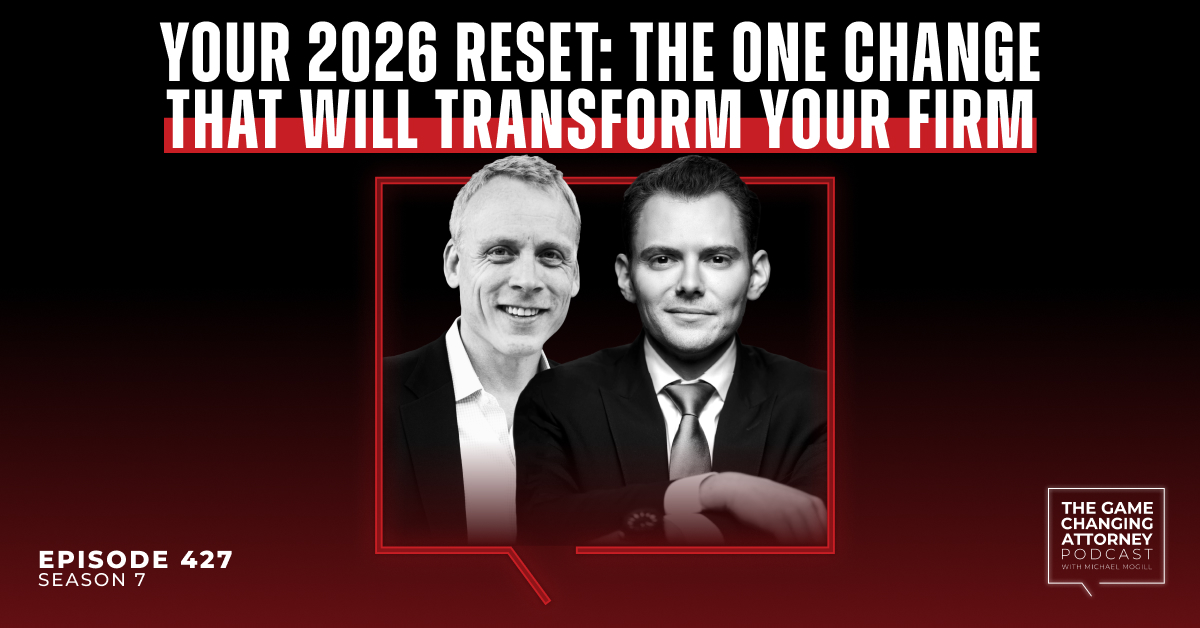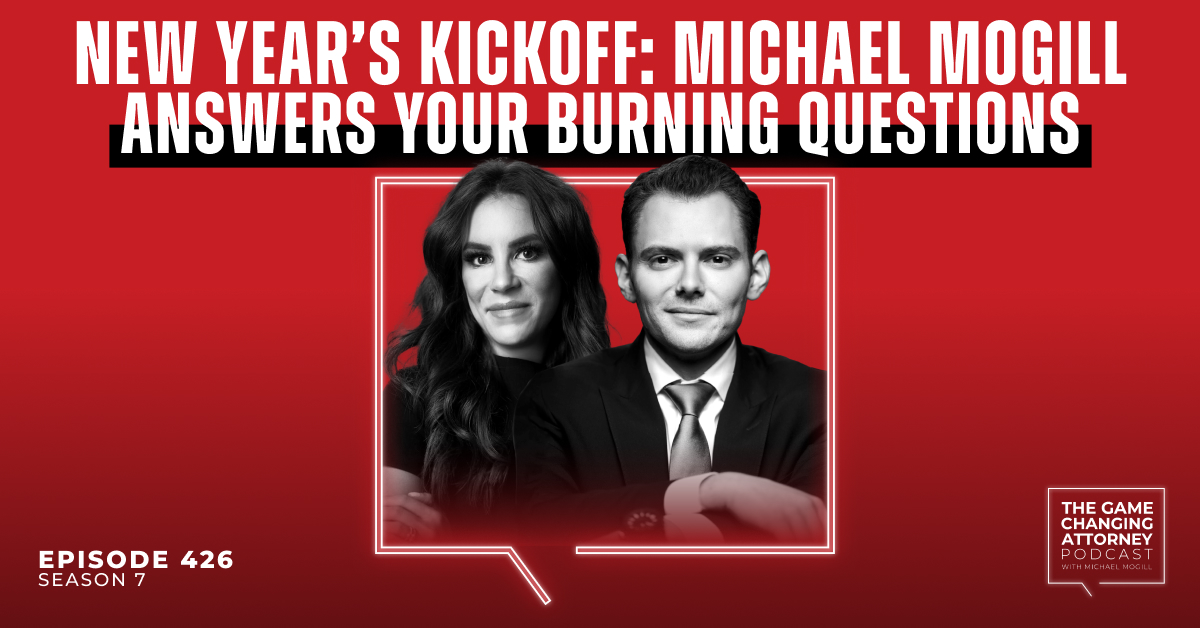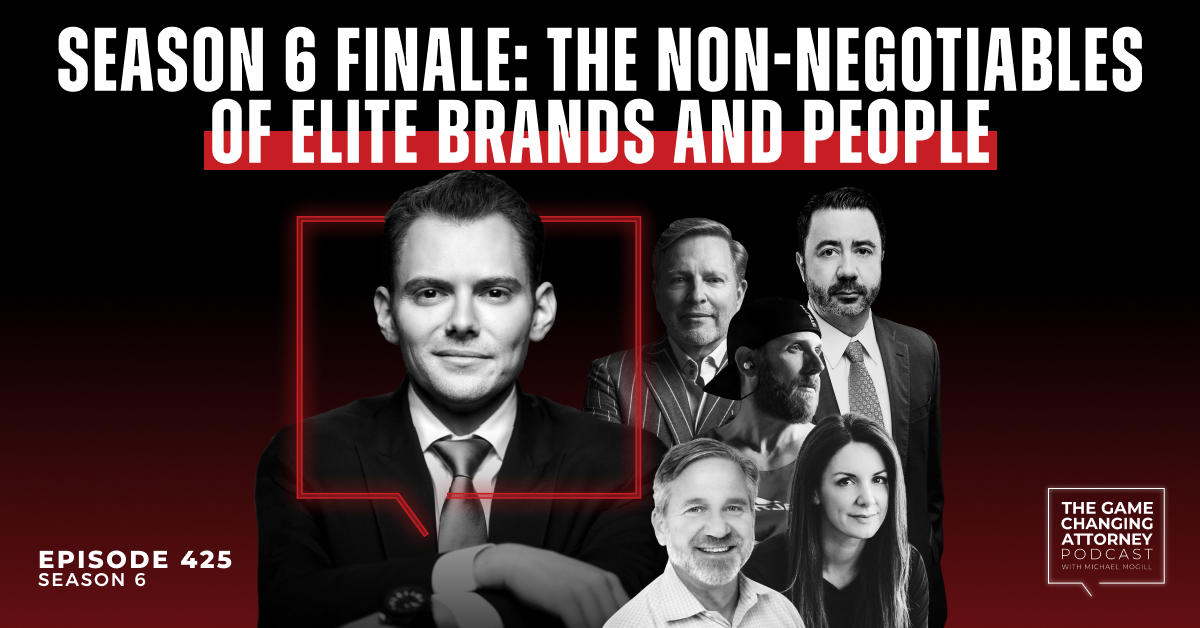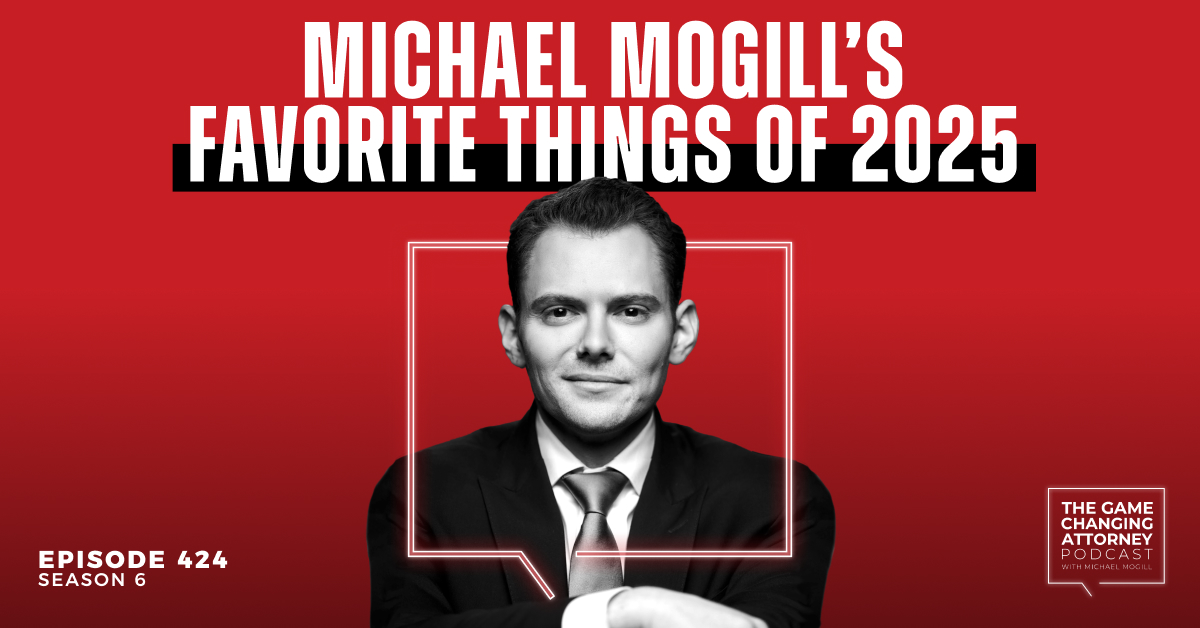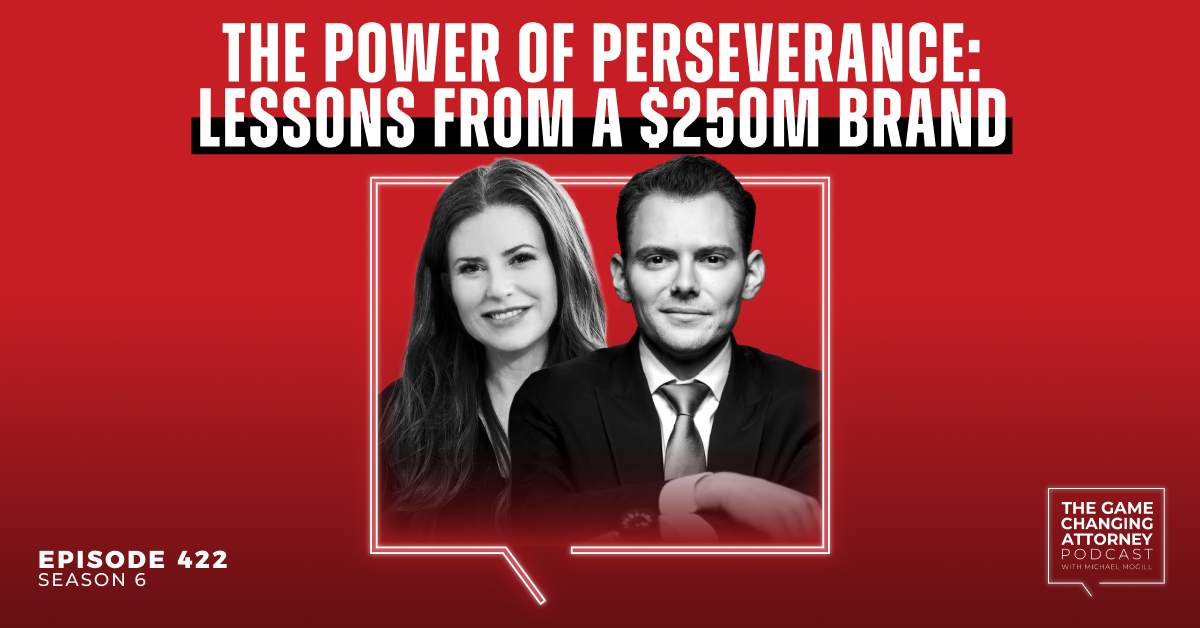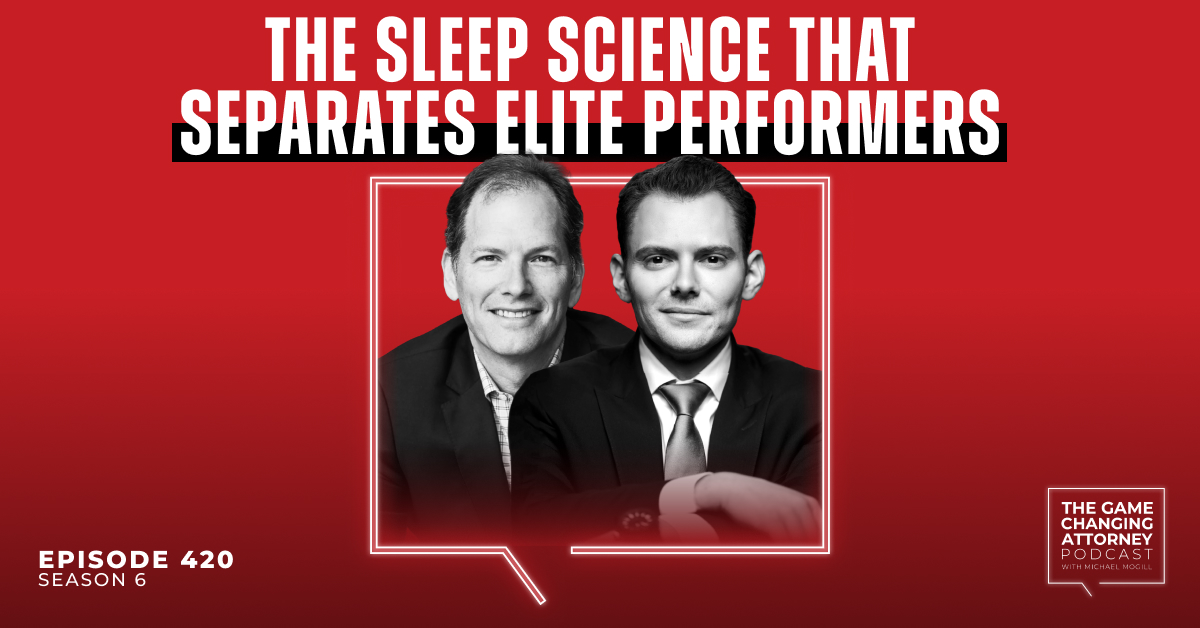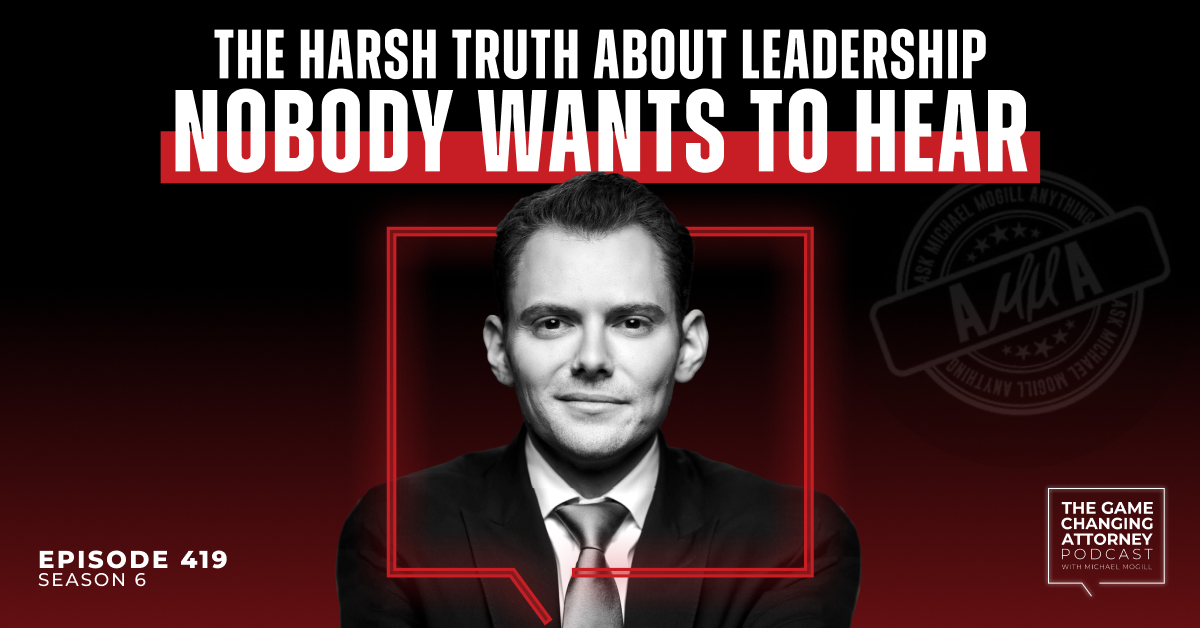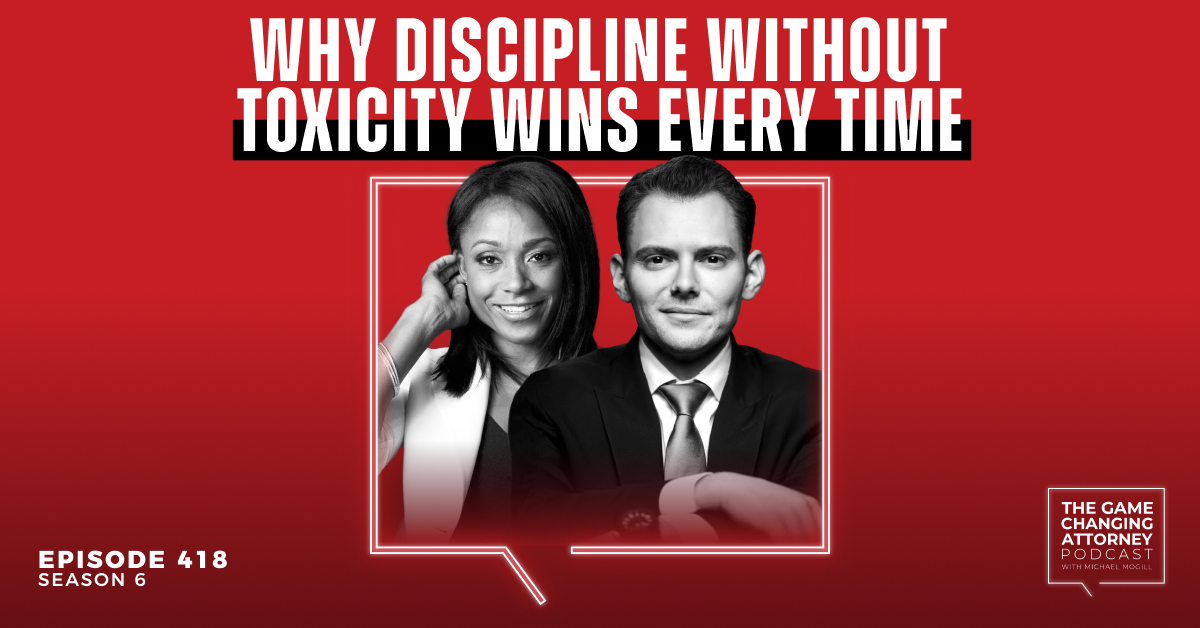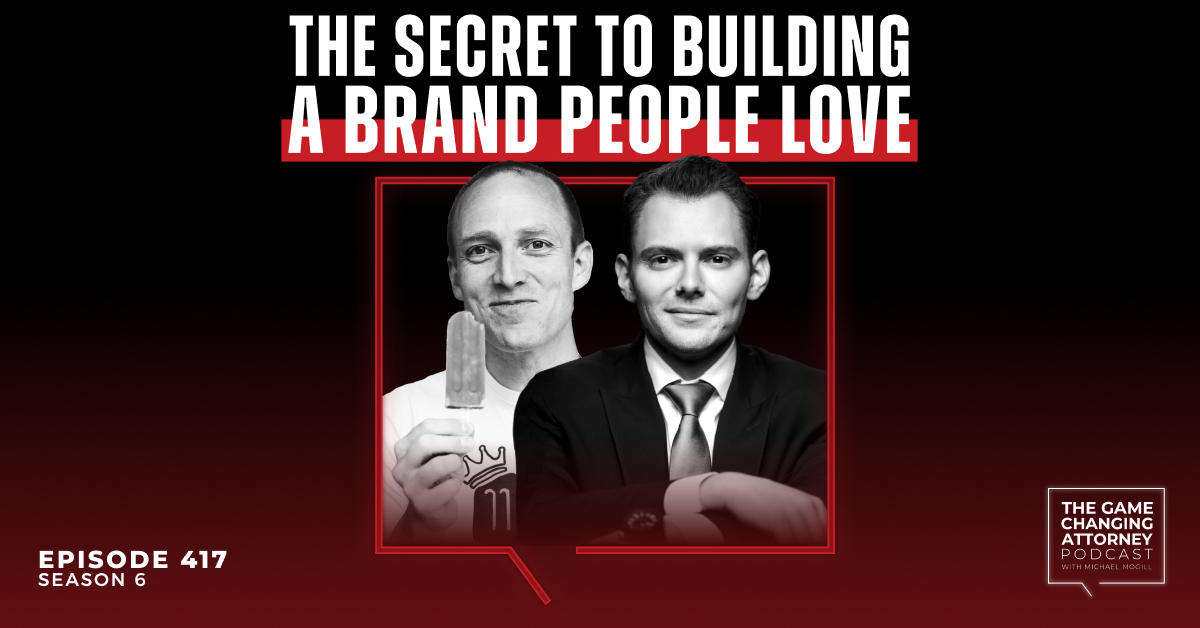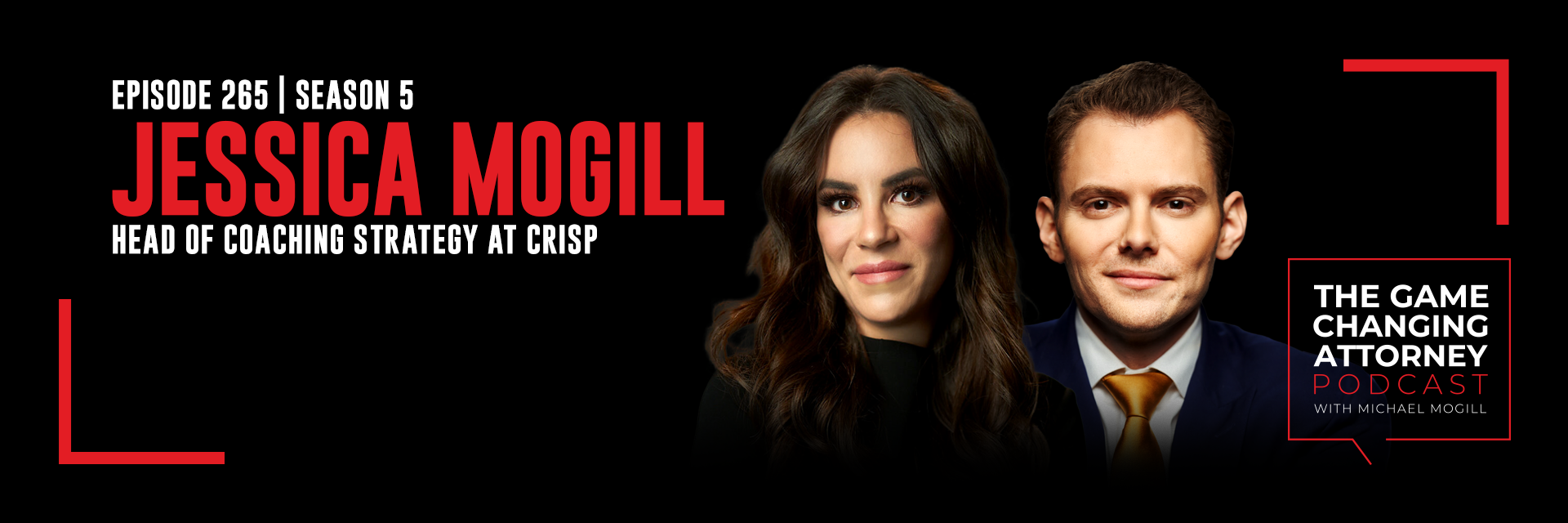
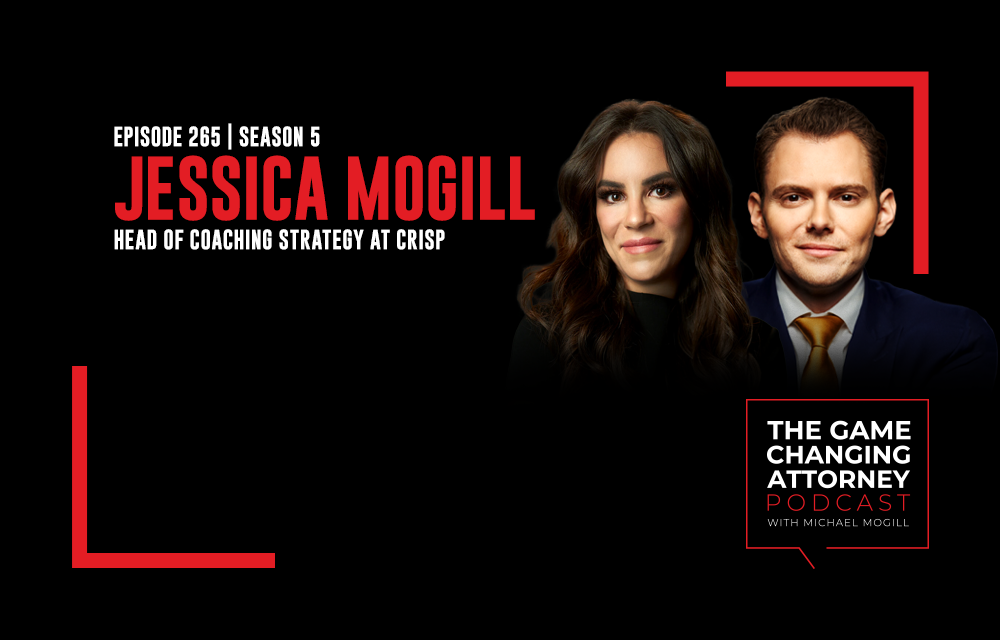
Episode 265 — Jessica Mogill — Streamlined Operations: Relentless Execution
Have you ever been hard at work in your office, feeling productive, and then look up to realize it’s 6pm and today’s job is nowhere near done?
Got a team in place to execute the day-to-day work but their quality and results are far from consistent?
Or are you a visionary leader full of ideas but just can’t get your team to move fast enough and actually act on them?
If you answered “yes” to any of these questions, this episode of The Game Changing Attorney Podcast with Jessica Mogill — Crisp Head of Coaching Strategy and operational mastermind — is for you.
Join us to learn:
- How to determine what projects and tasks are really worth your time
- Why creating a process is half the battle
- How to execute relentlessly and ensure nothing falls through the cracks
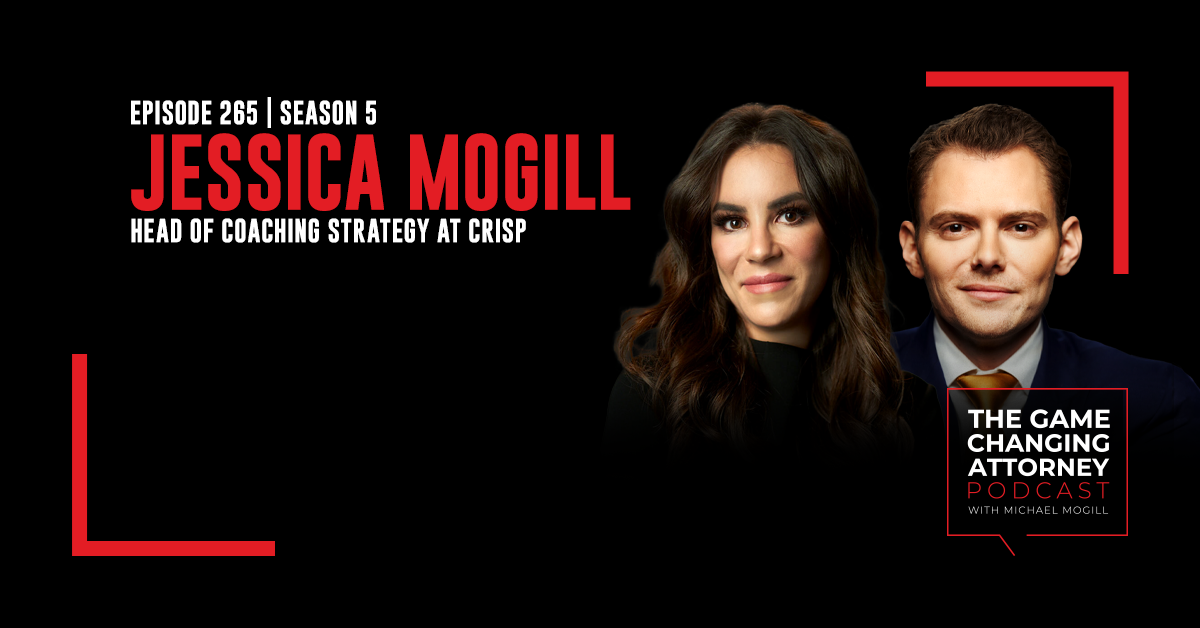
Listen & Subscribe
Show Notes:
Urgent vs. important. “The first thing you need to do is understand the difference between something being urgent versus it being important. We battled this for so long when it was just the two of us. One of us would have the nature to say, ‘This is urgent. This is urgent. This is urgent.’ I often look at those ‘urgent’ things as what fixes problems, but they do not solve problems. The important items are the ones that are actually going to solve the foundational issue. For example, if you have a long task list, need to respond to emails, have a meeting, need to draft a legal document, and need to make a hire, ask yourself: Which one of those is actually going to change your life? You can get so busy just checking things off your to-do list that don’t actually move the business forward.”
Work less, accomplish more. “Focus less on task management and more on priority management. If you’re getting overwhelmed by the sheer volume of tasks and projects you have going on, zoom out and simplify things. Work backwards. Consider how many days a week there are, how many of those days you work, how many hours each day, and how much time each task is going to take. But what happens first? What are the real priorities? The high-priority ones typically are what’s going to make the greatest impact. As a leader, you have to look at how you can exercise the greatest amount of leverage. Leverage is the difference between what you put in and what you get out. Cast a vision for what this needs to be, outline all the success criteria, and meet with all the people that are involved in defining clear accountabilities. Now you can go away and they can get to work so you’re not a bottleneck later on this project.”
Inspect what you expect. “It’s one thing to have a system, but another to enforce said system. A lot of times people think the legwork is in creating the process or they say, ‘Oh, great. We have a process now. Problem solved.’ That’s maybe half the work because now you have to make sure said process happens, and that means putting in checks and balances and auditing. I remember when I used to go through roster reviews with every single Project Manager. We’d go through every single client every single day until each of them could tell me exactly where they are and what’s happening with their deliverables. It’s also conditioning that, or if they said, ‘Oh, I reached out and I haven’t heard back,’ I’d say ‘Great, show me that last email.’ Make sure that you’re actually inspecting the actions rather than just setting up the framework.”
Everything is your fault. “You have to put those auditing measures in place because it’s very easy for those little crumbs to fall through the cracks. What happens typically is that when something falls through the cracks, you get either a nasty email or a nasty phone call that someone is pissed because either they haven’t heard from you or there’s been a lapse in communication or something. Now you’re pissed at somebody else, and you ask this team member — who obviously hasn’t spoken with this client or whoever it is — ‘How could you?’ and they say, ‘Oh, man, I forgot.’ If you were relying on them to remember something, that’s not their fault. That’s your fault for not putting a system in place to catch that sooner. You are the business owner. It’s not your team’s fault, the president’s fault, or the economy’s fault. It is on you. You decided to start this business. You are the captain of the ship, and you are responsible for ensuring that everything gets done.”
Challenge your priorities. “Clarity is kindness. Set up clear expectations at the beginning and agree upon the expectations. I think some people make the mistake of just handing something off and the person says they got it, but they didn’t really accept it. Make sure that you’re on the same page with that, but also, if you’re more of a visionary with all of these ideas, have a person that will challenge you. I think where operationally we’ve done really well is not having a yes man or yes woman, because that is also how you get back to the problem of having too many tasks and projects and you can’t prioritize all of them. A lot of times we tell you no, but if you really want it, then we ask, ‘Then what’s going to come off the existing priority list?’ So now we can figure out how to do it, but not say yes to everything as well.”
RESOURCES & REFERENCES
Evernote
Todoist
ClickUp
Slack
Walt Disney
Salesforce
Big Hero 6
Kolbe A™ Index
Connect with Michael
- Text directly at 404-531-7691
